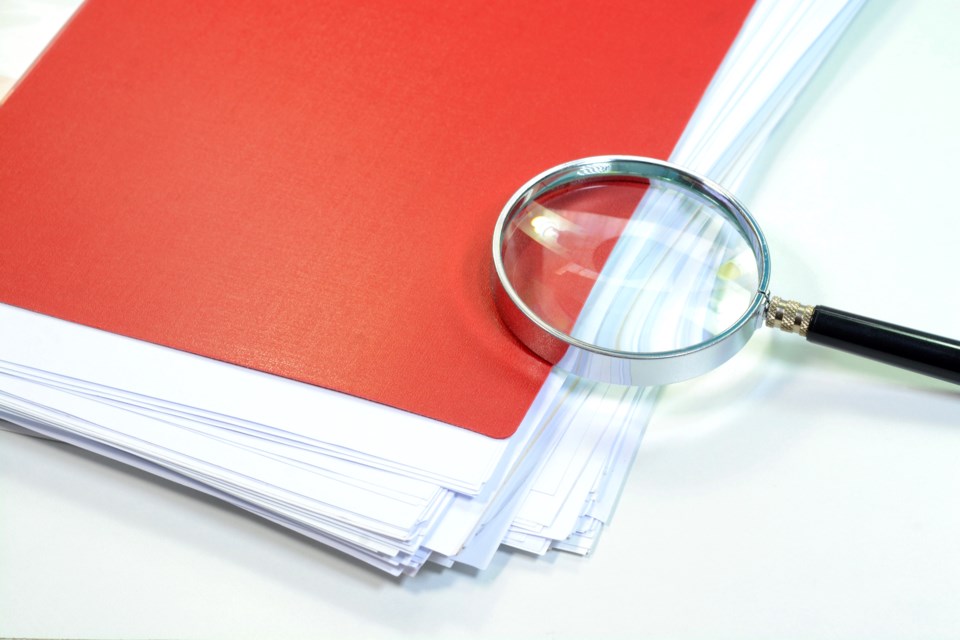B.C. Information and Privacy Commissioner Michael McEvoy says provincial privacy laws exist to protect people’s personal information — whether government or private businesses collecting the data.
“Building and maintaining trust — between the public and government, and between organizations and their customers, clients or patients — is at the heart of our province’s privacy laws,” McEvoy said. “That is why it is essential for privacy legislation to evolve and respond to modern challenges to ensure those bonds of trust remain strong.”
The province’s two primary privacy protection laws are the Personal Information Protection Act (PIPA) and the Freedom of Information and Protection of Privacy Act (FIPPA).
So, what do those laws do?
1. They provide consistent rules when doing business: PIPA legislates how companies collect and handle personal information. These rules create a common understanding on both sides conducive to building trust and conducting business.
2. They offer independent oversight of your privacy rights: They establish the Office of the Information and Privacy Commissioner, providing independent oversight of your privacy rights and recourse when your rights are violated without having to go to court.
3. They limit the collection of your personal information: B.C.’s privacy laws are crucial to a functioning democracy and economy, restricting what government and private organizations are allowed to know about you.
4. They provide transparency: In most cases, government agencies and private sector organizations are required to tell you what information they have about you and to let you know with whom they share it with.
5. They protect your civil liberties: Privacy laws act as a check on authority. If the police come knocking for your information, for example, government agencies and private organizations can request a court order before providing it.
6. They mandate the protection of your personal information: Any government agency or private organization that holds personal information is legally obligated to keep it secure.
7. They allow you to request corrections to your information: If a government or private organization has incorrect personal information about you – such as your vaccination status, for example – B.C.’s privacy laws provide you with the right to request a correction.
8. They set workplace guidelines: Privacy laws limit what employers can do with their employee’s personal information, whether they are unionized or not.
9. They put a check on tech: The framework provided by privacy laws allows you to benefit from technological innovations while ensuring that those advances do not come at the expense of your privacy.
10. They foster international cooperation: While privacy laws can vary dramatically across different jurisdictions, the underlying principles in B.C.’s privacy laws can be found in privacy legislation around the world. That helps ensure trust in our interconnected world.
— With thanks to the Office of the Information and Privacy for compiling the lists at the request of Glacier Media.





